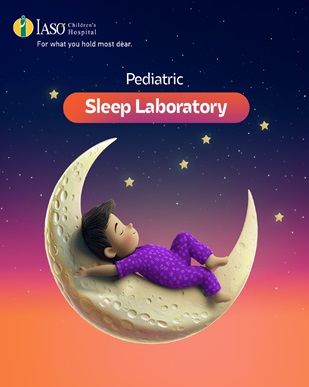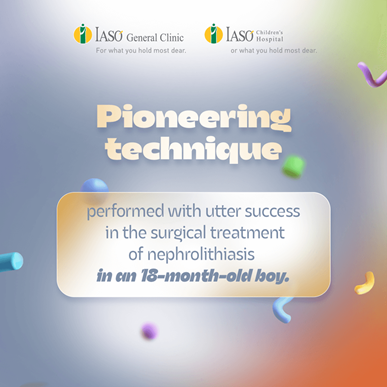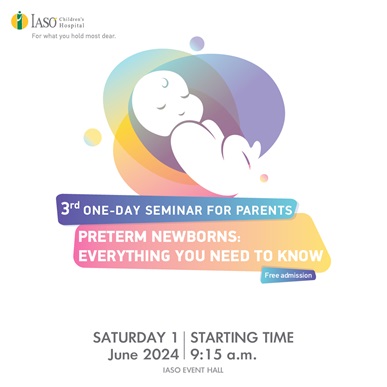
Immunology
Pediatric Sector
Knowing better our Immune System!
It is extremely important to be vigilant for the timely screening of our immune system and, when it is required, to initiate immediately the appropriate treatment!
The Immune System is our main defense, but it doesn’t work properly in all of us. Every day, our body detects various germs and infectious agents, and is trained to recognize and fight infections, microbes, bacteria, and viruses. It protects us through
a complex network of substances and cells in our blood, which communicate and work in synergy with tissues and organs for our defense. The duty of our immune system is to keep foreign invaders away in order to win and be healthy, even if we fall temporarily
ill. Most of the times, but not always, the aforementioned procedure works and it does not work for all of us. That's why we occasionally struggle to recover from seemingly simple infections.
Some people are born with one or more of the primary parts of their immune system not functioning properly. This may result in Primary Immunodeficiency (PID), which makes a person get sick more often than others. Primary Immunodeficiency (PID) is a group
of more than 400 disorders of the immune system, with differing levels of gravity. People with PI cannot be released from pathogens or properly protected from pathogensbe properly protected from diseases, causing infections that might seem as common
diseases, such as ear infections- bronchitis-pneumonia, which may last longer than usual or be accompanied by complications or other conditions that cannot be easily cured.
The Pediatric Immunology Department offers services to children and adolescents who manifest diseases as a result of deficiencies or disorders of the immune system that prevent it from achieving its survival in balance with the environment, by recognizing and reacting to foreign hostile elements, while at the same time recognizing and tolerating its own.
Early diagnosis and proper treatment save lives!
Clinical Profile
Clinical manifestations vary; they have a wide range from mild to serious. Most frequently appear with frequent, recurrent occasional, or serious infections, but, not rarely, as allergy, autoimmunity, autoinflammatory diseases and/or lymphohyperplasia.
These are complex diseases, which often manifest from different systems and usually require the cooperation of many specialties.
Primary immunodeficiencies are rare, though not as they were once thought. They need specialized laboratory-based access targeting their accurate and exact diagnosis, their proper causal treatment and when its possible, targeted therapy, in order to achieve better quality of life, a normal life
for children and adolescents.
Simultaneously, the role of Paediatric Immunology is determinant in many diseases with multifactorial etiology, with clear intervention of the immune or defensive system and development of close cooperation with similar/ associated specialties such as
Paediatric Infectious Disease Specialist, Paediatric Hematologist, Paediatric Rheumatologist, Paediatric Allergist, Paediatric Gastroenterologist, Paediatric Endocrinologist and Paediatric Neurologist.
Provided Medical Services
- Diagnosis and treatment of patients with Inborn Error of Immunity / Primary Immunodeficiency (PID)
- Contribution in investigation-diagnosis-treatment of patients with immune medical diseases, more often presented with symptoms from the respiratory or gastrointestinal system, with increasing frequency or particular-atypical demonstration
or/ and cahexia:
- Frequent-recurrent serious-atypical infections
- Frequent-recurrent or periodic febrile episodes
- Severe or atypical allergies, especially dermatitis in infancy
- Atypical or uncommon autoimmune, autoinflammatory phenomena, especially autoimmune cytopenia during childhood and adolescence
- Manifestations of lymphohyperplasia
- Contribution in selecting the proper Immune Intervention Treatment / Immunotherapy / Targeted Treatment for the corresponding diseases.
- Primary Immunodeficiency (PID) in children









